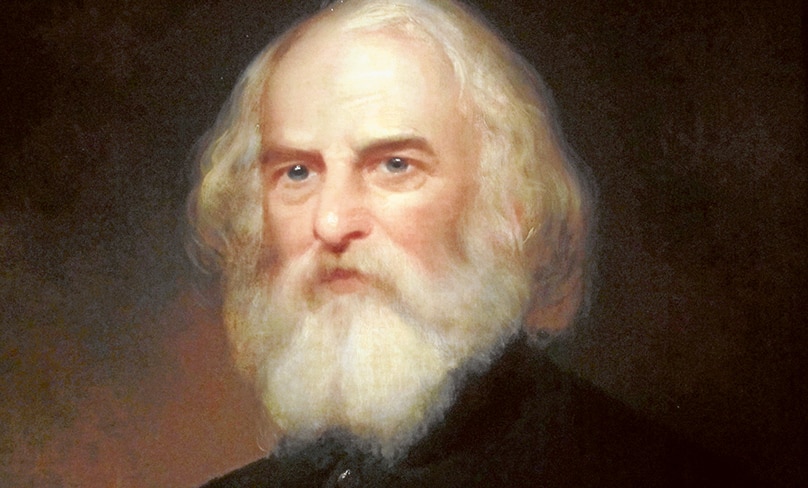
Anyone who has the privilege of spending any time in an office or a car with me during Advent knows that I love a good Christmas playlist, disproportionately weighted with over-sung remakes of Christmas classics by 90’s boy bands or Australian Idol contestants.
Don’t judge me.
One of the Christmas songs on high rotation is I Heard the Bells on Christmas Day by Baptist band, Casting Crowns.
I heard it for the first time a few years back, not realising that the lyrics themselves were actually a poem penned more than 150 years ago by American poet Henry Wadsworth Longfellow, nor did I realise that Bing Crosby has a popular rendition of the same. (Yes, I’m a cultural luddite.)
For those unfamiliar with it, the song begins like this:
I heard the bells on Christmas Day; their old familiar carols play.
And mild and sweet their songs repeat, of peace on earth goodwill to men.
The protagonist describes hearing the bells steadily proclaiming the message of Christmas: peace and goodwill, joy and hope.
But those sentiments did not accord with Longfellow’s recent experience.
A modern-day Job, his outlook is much more bleak; his position one of despair. At the time the poem was written, Longfellow was a widower twice over.
His first wife had died after suffering a miscarriage; his second after accidentally setting fire to the dress she was wearing.
Longfellow had tried to save her by smothering the flames with his own body and – although he was so severely burnt in the attempt that he could not even attend her funeral – his heroic efforts were not sufficient to save her. Then, just a few weeks before Christmas, Longfellow received news that his eldest son had been severely injured in the American Civil War.
He sat down on Christmas Day to put into words what he felt in his heart. The second stanza reveals his pain:
And in despair I bowed my head.
There is no peace on earth I said; for hate is strong and mocks the song of peace on earth, goodwill to men.
Sound familiar?
At the end of the year, many of us can feel like our anticipation of Christmas is a little dampened by exhaustion borne from another long year on the battlefront, of bad news heaped upon unbelievably bad news, of a sense that the freedom we have to publicly celebrate Christ at Christmas could be short-lived.
Longfellow’s centuries-old cry that a strong hatred ridicules the Christmas proclamation of peace and goodwill could very well be our own, just as applicable to today’s society as it was back then. Perhaps even more so.
But the song doesn’t end there. Despite Longfellow’s despair, the bells persist. Peace on earth, they ring, goodwill to men. The song continues:
Then rang the bells more loud and deep:
God is not dead, nor does he sleep!
The wrong shall fail, the right prevail
with peace on earth, goodwill to men.
Decades before Friedrich Nietzsche famously declared ‘God is dead,’ Longfellow proclaimed Him very much alive and present, even in the midst of our trials.
It’s one of my favourite, non-traditional Christmas songs, because it has a way of confronting the difficulties of the present moment and not sugar-coating them, while simultaneously pointing us towards hope.
When great injustices seem to be happening, and when the image of the sleeping Christ-child in His mother’s arms feels less like ‘silent night, holy night’ and more like Jesus asleep in the boat during the storm, the song reminds us that God does not sleep, and that, while things might sometimes seem bleak, right – and justice – will eventually prevail.
This is incredibly good news, and a reason for great joy. Indeed, it is over the darkest of nights that the bright star of Bethlehem has the greatest impact. It is to those who are the most anxious that the angels’ proclamation of peace is most needed. It is to the poorest of shepherds that the richest news is first conveyed.
So, whatever your year has been like, my friends, I hope and pray that Christmas brings to you and your family the peace and goodwill announced by the Christmas bells, and that the joy and hope of Christmas remains with you throughout the year ahead.
